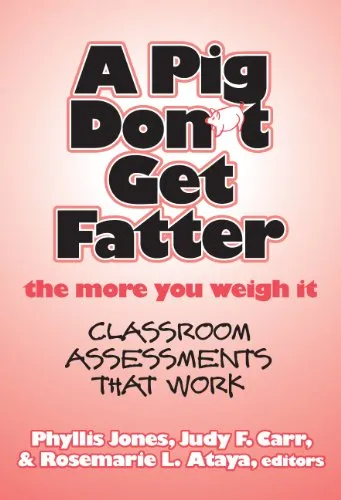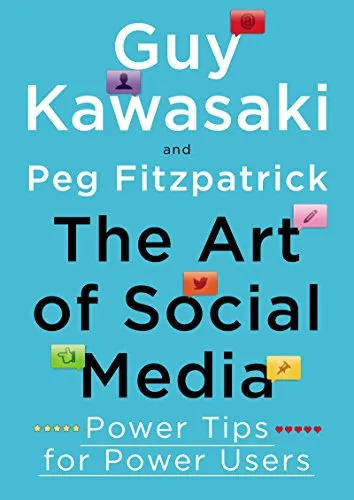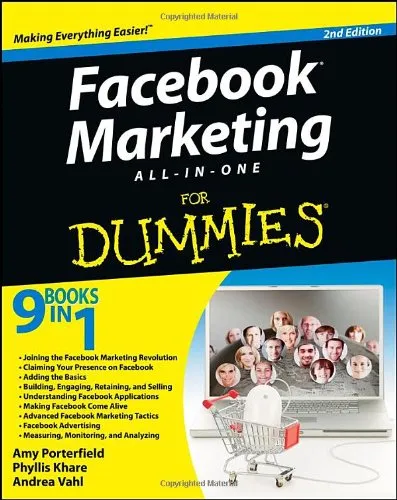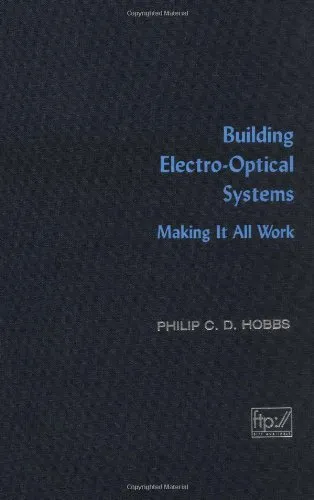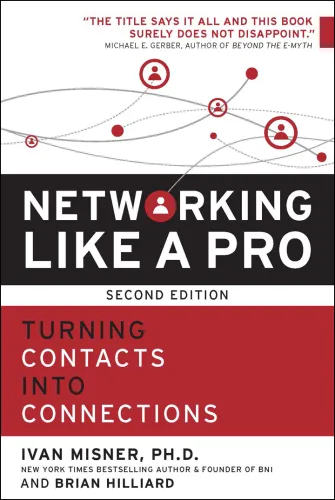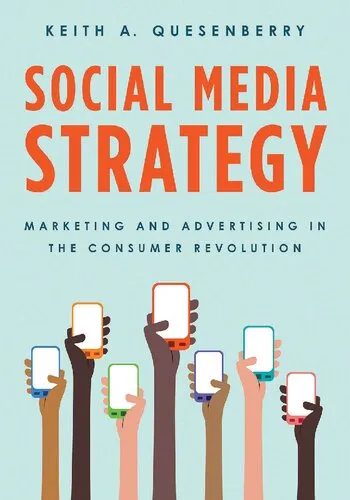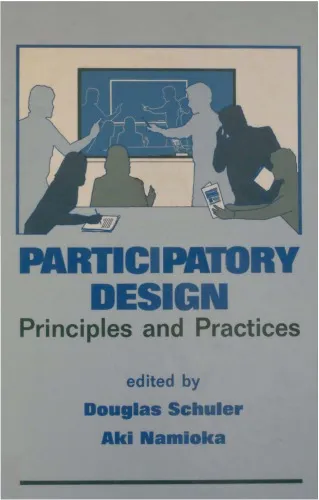A Pig Don't Get Fatter the More You Weigh It: Classroom Assessments that Work
4.5
Reviews from our users

You Can Ask your questions from this book's AI after Login
Each download or ask from book AI costs 2 points. To earn more free points, please visit the Points Guide Page and complete some valuable actions.Related Refrences:
Introduction to 'A Pig Don't Get Fatter the More You Weigh It: Classroom Assessments that Work'
Welcome to a book that challenges conventional notions about classroom assessment and shines a spotlight on empowering teachers to make informed, impactful decisions. 'A Pig Don't Get Fatter the More You Weigh It' is more than just a quirky title; it encapsulates a profound truth in education: measuring success incessantly does not equate to cultivating growth or improvement. This book takes you on a journey to understand assessments that truly work — strategies that focus on promoting meaningful learning rather than fixating on numerical data or excessive test preparation.
As a classroom practitioner or an educational leader, you might often feel overwhelmed by the demand for performance metrics, data collection, and standardized tests. This book reminds us of the core purpose of education — to enrich the learning experience for each student. By providing actionable strategies and real-world examples, it bridges the gap between theory and practice, helping educators create classroom assessments that promote genuine student growth.
Detailed Summary of the Book
The book begins by exploring the premise behind its title: the idea that incessant testing or "weighing" does not inherently lead to improvement or "fattening," in the case of academic growth. It critiques the overemphasis on standardized assessments, arguing that focusing primarily on test scores often overlooks the human and emotional aspect of the learning journey. Instead, it advocates for assessment methods that align with authentic teaching and learning experiences.
Throughout its chapters, the book provides a variety of tools and techniques to create and implement effective classroom assessments. These range from formative assessments that are embedded in daily teaching practices to summative techniques that genuinely reflect what students have learned over time. Importantly, the strategies encourage a shift toward involving students in their own assessment, promoting self-reflection and ownership of their learning process.
The book doesn't shy away from addressing challenges either. It acknowledges the pressures teachers face from institutional policies, district mandates, and societal expectations. However, it offers practical solutions to balance these demands while staying true to the goal of fostering meaningful assessments that drive growth.
Key Takeaways
- Assessing students with a clear focus on learning objectives rather than merely tracking progress.
- Using formative assessment strategies to adjust instruction in real-time for better learning outcomes.
- Designing assessments that empower students to take charge of their own learning journey.
- Understanding the limitations of standardized tests and finding a healthy balance between classroom learning and mandated testing requirements.
- Building a culture of trust, collaboration, and mutual respect between teachers and students to enable constructive feedback and evaluation processes.
Famous Quotes from the Book
“A pig don’t get fatter the more you weigh it. In the same way, students don’t grow simply because they’re constantly tested.”
“Assessment is not the end goal of teaching; it is a bridge to understanding and growth.”
“When we empower students to take ownership of their learning, we transform the assessment process from a judgment to a journey.”
Why This Book Matters
In today's education landscape, where high-stakes testing reigns supreme, 'A Pig Don't Get Fatter the More You Weigh It' provides a refreshing and much-needed perspective. This book matters because it advocates for an approach to assessment that prioritizes what truly counts: student growth, learning, and empowerment. By questioning traditional methods and offering innovative alternatives, this work serves as an invaluable guide for educators committed to making a real difference in their classrooms.
Moreover, this book resonates beyond the classroom. It informs policymakers, administrators, and even parents about the importance of designing assessments that mirror the complexities of learning. As educational systems around the world grapple with issues of equity, engagement, and achievement gaps, this book stands as a call to action to rethink and reform how we evaluate young minds.
Free Direct Download
You Can Download this book after Login
Accessing books through legal platforms and public libraries not only supports the rights of authors and publishers but also contributes to the sustainability of reading culture. Before downloading, please take a moment to consider these options.
Find this book on other platforms:
WorldCat helps you find books in libraries worldwide.
See ratings, reviews, and discussions on Goodreads.
Find and buy rare or used books on AbeBooks.
1431
بازدید4.5
امتیاز0
نظر98%
رضایتReviews:
4.5
Based on 0 users review
Questions & Answers
Ask questions about this book or help others by answering
No questions yet. Be the first to ask!
